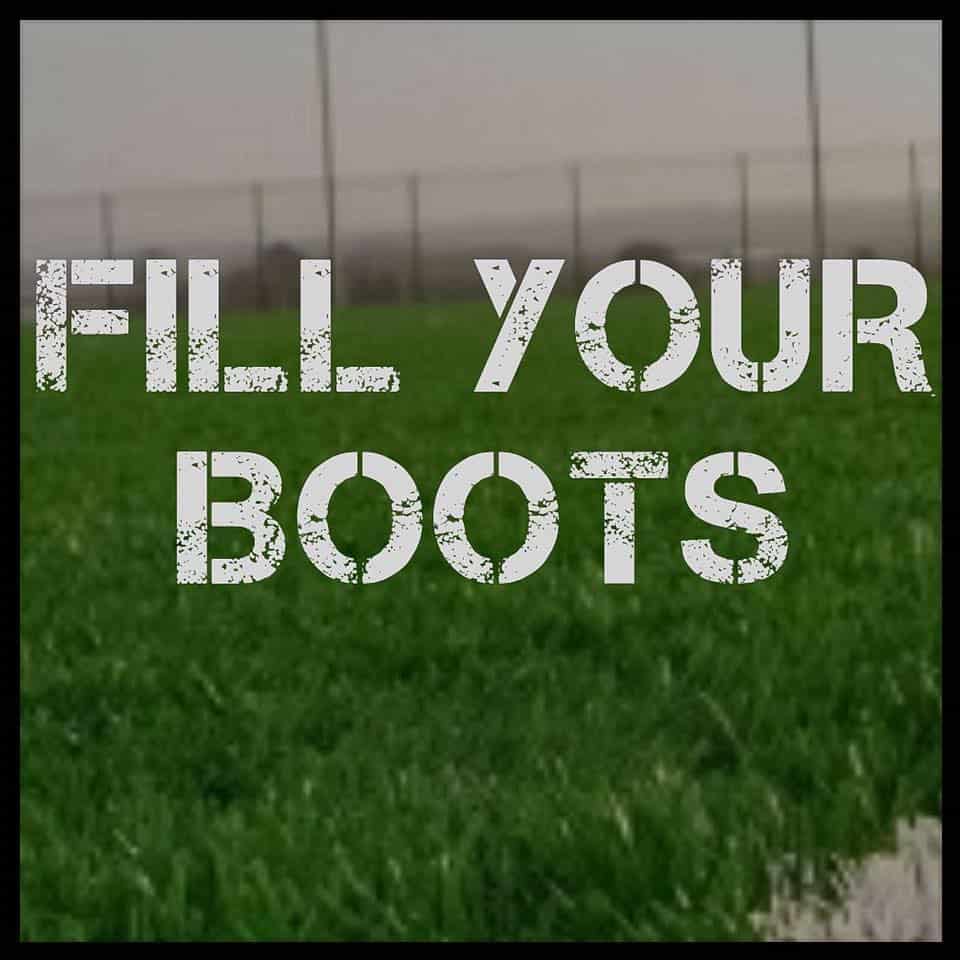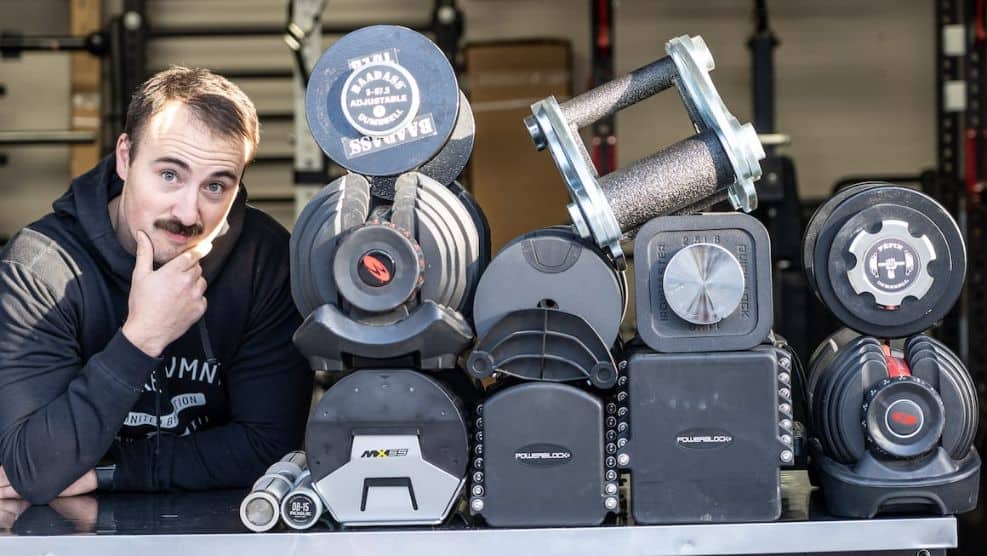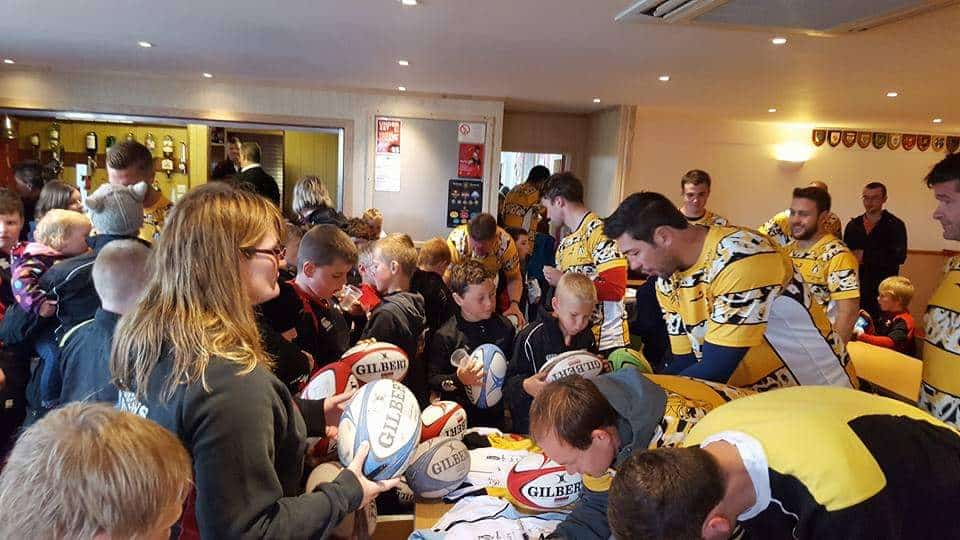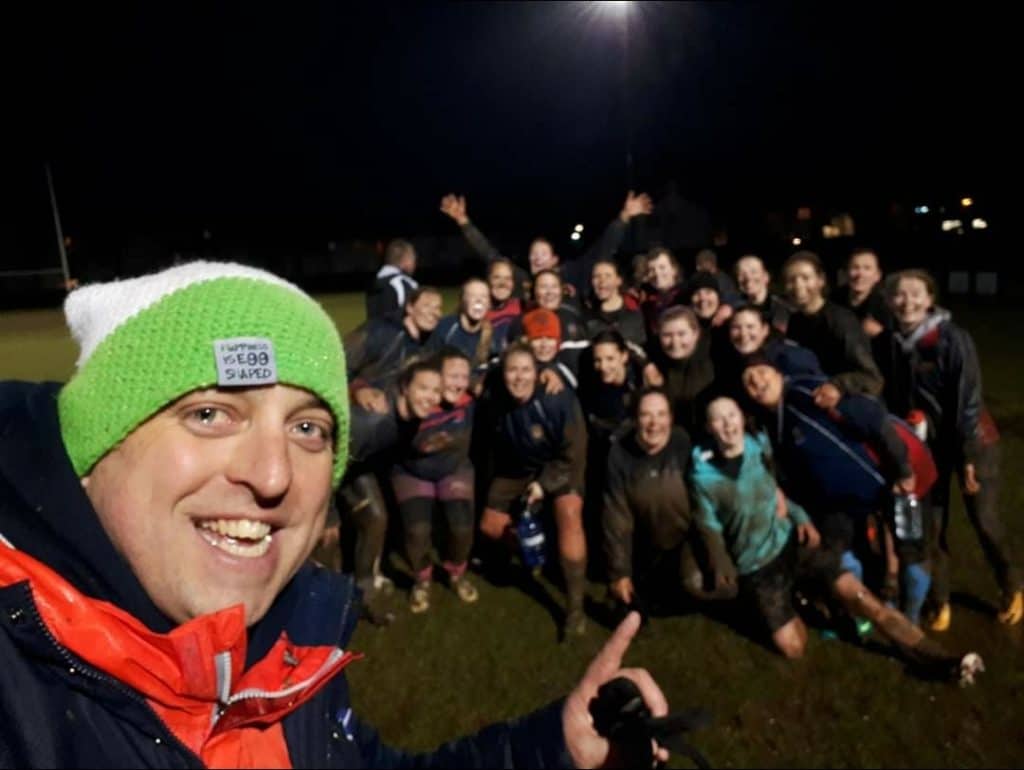
Clubland – “If anything is sure, its change.”
I landed in Clubland at an unprecedented time of change. The game had gone from amateur (shamateur) to professional and no one knew what the future held.
The change was managed very differently from nation to nation, in fact some tried to ignore it for as long as possible, while others had been in the lifeboats and paddling for the promised land a long time before. In many ways I benefited from the club game being stripped of its prized assets, allowing me to play first XV games hardly out of school. But I couldn’t have imagined how deep the scars would run and how long the hurt would last.
My memories of the club game as a kid are now sepia toned, full of nostalgia and with more romance than a Mills and Boon novel. In every respect I loved it and miss it. Baggy, long sleeved jerseys and shorts with pockets. Boots were heavy and black, forwards needing an extra bit of ankle support. Tape wasn’t used for hamstrings or calves but to hold on caulifloored lugs and keep bootlaces from falling out. Forwards rucked and mauled in numbers and backs had space to run against unorganised defences. International players worked in your house fitting kitchens, in the bank behind the counter, were teachers and lawyers and lorry drivers and farmers and played rugby because they loved it and wanted to. Touchlines were rammed for local derbies and clubhouses were filled with a glow of bruised, battered but happy men and all kinds of supporters. Life was good, but uneasy too.
Someone somewhere was making money at the expense of the players and it had to change. The best club players were contracted to the 4 districts and over night the landscape of the game changed forever.
Clubs didn’t just lose their players to the Professional districts. Some of the players left behind in the club game decided to move on as well. Not playing with their mates, not playing in a competition and against competition of the standard they were used to, meant they would rather spend their time elsewhere. Some players decided that if the game was now open, the free market meant they expected to be reimbursed for their efforts doing their hobby at clubs. Clubs were and still are, run by willing and dedicated volunteers, many of them panicked and started handing out money. When some of them were and still are asked why they are doing it they give an answer that to an outsider doesn’t make much sense, ‘everybody else is and we don’t want to be left behind.’
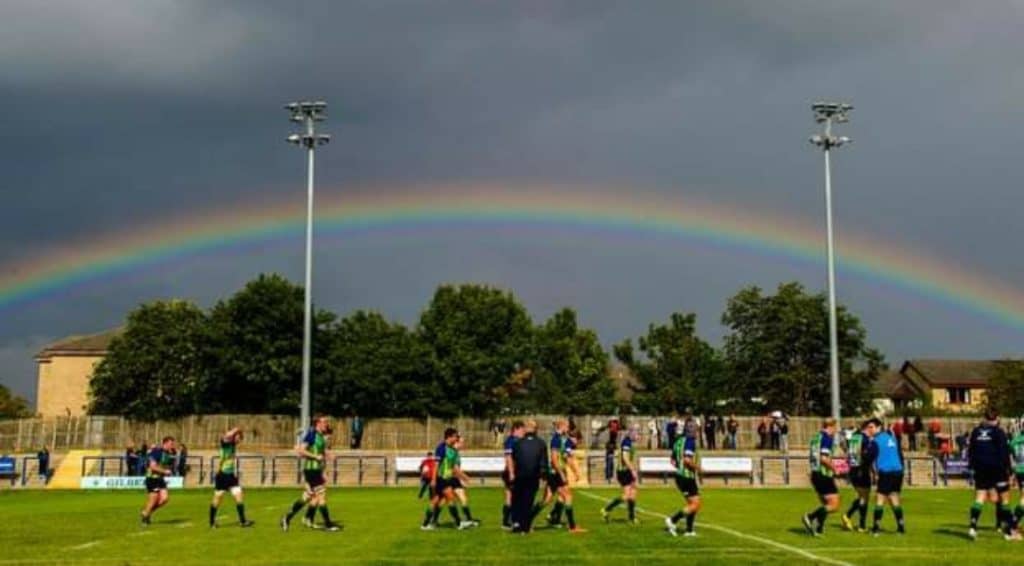
The chat in the clubhouses up and down the land is the same, ‘what will the Super Six mean for us?’ I am pleased it has got people evaluating the position of their club in the grand scheme of the game. Realistically, no one knows.
What I do know is that the happiest clubs are the ones who show realistic ambition. Success for one club is fielding a 1st XV every week and giving people a place to be to share the game of Rugby. For others it is to win silverware, field 3 XVs and a women’s team and ensure their youth section continues to thrive while selling hospitality packages and their club TV and social media are producing content across all platforms to keep the membership entertained.
I urge all clubs to have the discussion, ‘who are we?’, ‘why are we here?’ ‘where do we want to be?’ ‘can we sustain it?’. I would love to think all clubs left outside of the Super Six will continue to prosper and provide opportunities for a community to come together in the name of Rugby, to build relationships and share experiences. Make training and playing enjoyable and challenging. Encourage the opposition to stay after games and hang around in their clubhouse after away games.
Have fun on the bus home. Sing songs together. Sell international tickets. Fill your clubhouse, welcome visitors, the parents, partners and kids of the players, the opposition, the former members and players and get out into the community and show them the benefits of being in your club. Go on tour. Have a great end of season dinner and celebrate together. Encourage your players to be referees, coaches and volunteers and thank them for it. Players, please thank your committee for making rugby happen, it’s about you, but it’s not ALL about you. After all, we are standing on the shoulders of those who have gone before us.
And to them, I say thank you. Because of them, my Happiness is Egg Shaped.
by Bruce Aitchison
